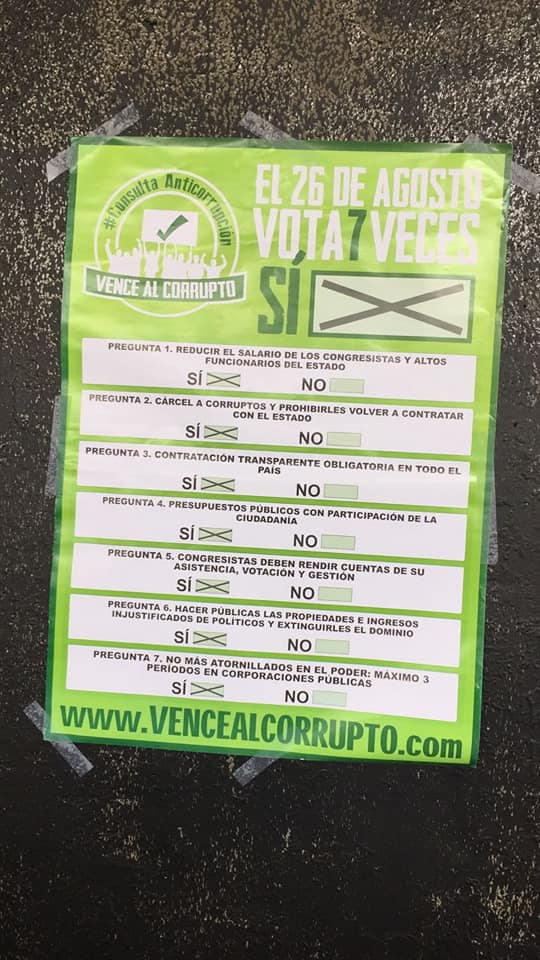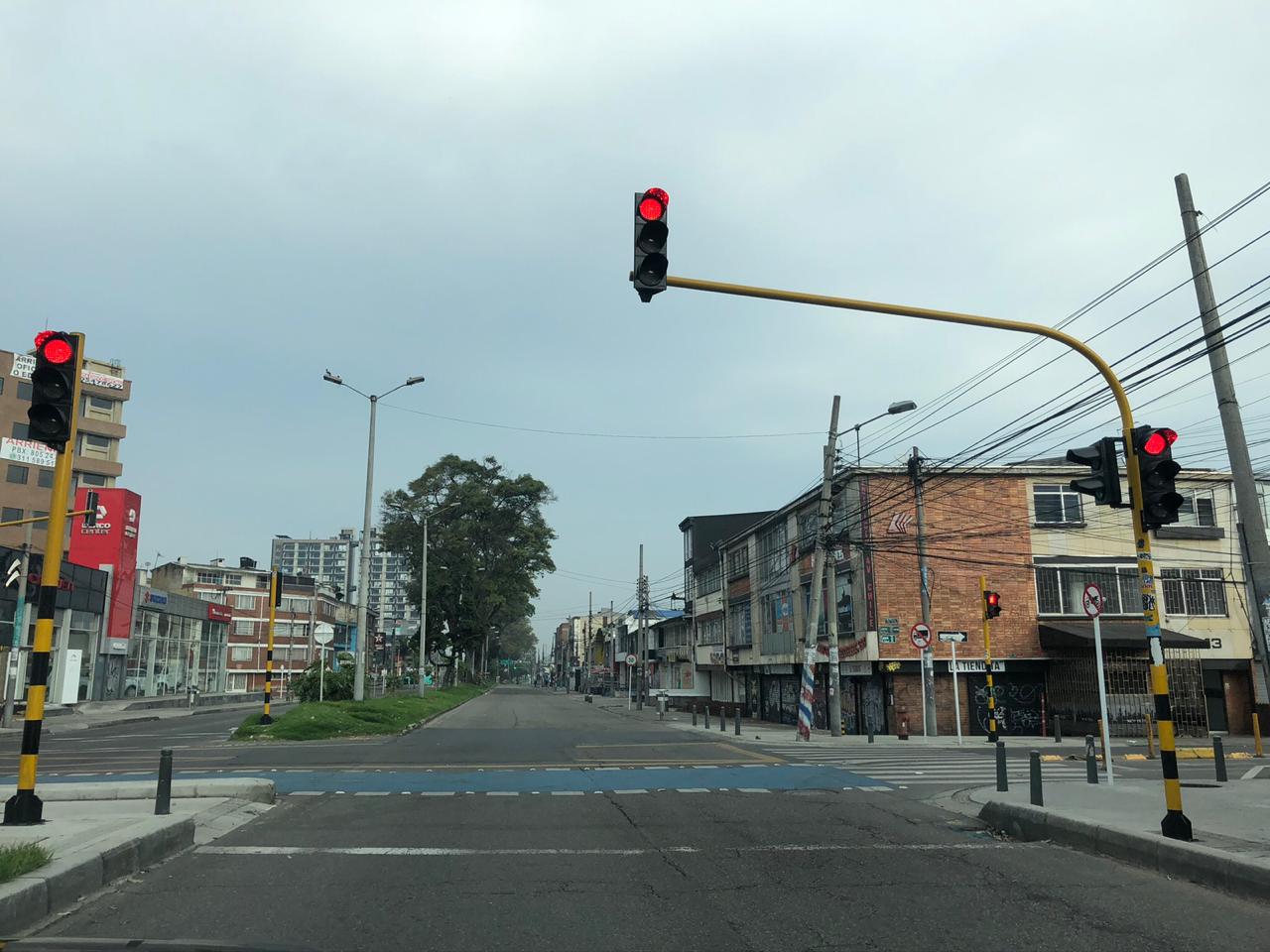
Image courtesy of Shutterstock
After a 5-year process, Colombia is on the verge of joining the OECD (The Organisation for Economic Co-operation and Development) this month.
Following a meeting on Wednesday by the Trade Committee, a positive outcome will be pending on certain adjustments made by Colombia and they can expect a decision from the intergovernmental body in as early as two weeks from now.
“This is very positive news and I am very optimistic and I imagine that May will be a key month for our entry [into the OECD],” the Minister of Commerce, Industry and Tourism, María Lorena Gutiérrez, said at the meeting this week.
Countries like the US and economic blocs like the EU are most concerned about intellectual property issues, particularly in the protections of copyright and trademarks–as Colombia is a large market for contraband goods–and patents as they apply to the pharmaceutical industry.
Last year, the report “How’s Life in Colombia?” made the cases for and against the idea of Colombia joining on as a member of the OECD. On the one hand, the employment and unemployment rates are above OECD averages (67.2% and 0.6% respectively). Despite increasingly polluted cities like Medellín and Bogotá, the report found that pollution levels (measured in terms of particulate matter size 2.5) were lower than the OECD average.
On the other hand, the report also found Colombia failing in certain aspects of education and public safety. For example, the number of homicides in the country was the highest among both OECD and partner nations and the rates of adults attaining secondary level education were relatively poor. In addition to this, the life expectancy of a Colombian at 74 years was well below the OECD average of 80.
There is also the issue of systemic corruption within both government and juridical bodies that pose a concern for Colombia’s entry into the OECD as the body ascertains standards relating to bribery and other forms of corruption. Juan Manuel Santos spoke of the importance of tackling corruption at this year’s Summit of the Americas, and presidential candidates like Sergio Fajardo have made it their central campaign platform.
Established in 1961, The Economist usually refers to the OECD as the “club of rich nations”, a moniker that the OECD themselves don’t appreciate all too much. They now have 35 countries in the club having inducted Latvia into their fold in 2016. The decision to make Colombia number 36 will be made this month and, provided that the “club of rich nations” are happy with their progress, Colombia may just have a seat at the table.





